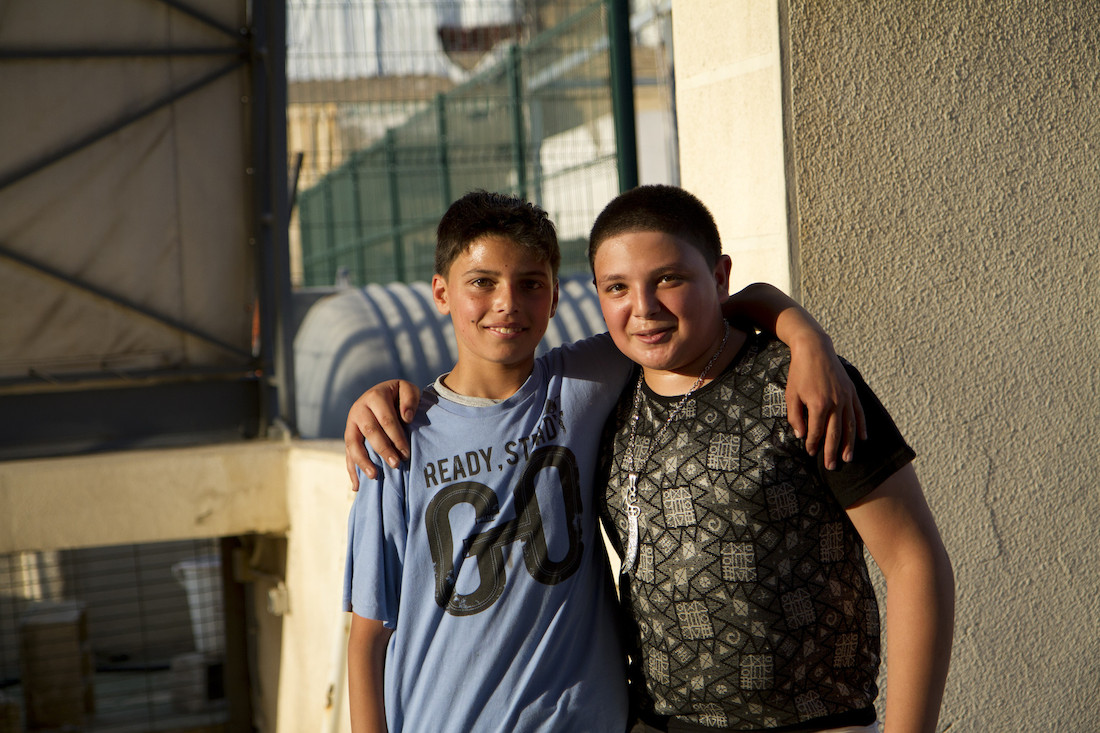PILOTING INTERVENTIONS
Putting Theory into Practice: An Example
Background: Armed conflict poses multiple threats to children’s mental health and psychosocial well-being. In addition to exposing children to experiences of violence and loss, organised violence often results in displacement, and disrupts all aspects of children’s daily lives. Children must contend with parents who are highly stressed, with limited access to safe play and educational spaces, and with uncertainty regarding their future. They may also experience a loss of hope and agency, as powerful events outside their control shape their lives in powerful and distressing ways.
Aim: To evaluate a sixteen-session universal group psychosocial intervention, I-Deal, for conflict-affected Syrian refugee children in Lebanon, aged eleven to fifteen. Specifically, the study aims to assess the impact of the I-Deal intervention on children’s psychosocial adaptation, compared with participation in structured recreational activity (SRA) groups. The intervention will also include a roughly equal number of Lebanese children living in the same region.
Study design: Pilot randomised controlled trial (RCT) in Syrian refugee communities in Lebanon.
 © Michiel Bles
© Michiel BlesMethods: The RCT will be conducted in the municipality of Mhamra in northern Lebanon. Children will be randomly assigned to receive either the I-Deal intervention or a sixteen-session SRA group. A total of eight groups per comparable activity will be conducted, with 20 children per group, leading to a total of 120 per comparable activity and a total sample of 320. The groups will meet twice weekly for a total of eight weeks. We aim to recruit 320 participants or 160 participants per comparable activity, which will give us over 95 per cent power to detect an effect size (difference in mean/ Standard Deviation) of 0.3 between the two comparable activities. Self-report data will be gathered from all participants.
Outcomes: The primary outcome at completion of the intervention, and at the three-month follow-up, is improved psychosocial wellbeing. Secondary outcomes include increased prosocial behaviour, increase hope, increased social connectedness, increased self-esteem and a reduction in psychological distress.
Implications: This trial may establish the I-Deal life-skills intervention as an intervention for fostering positive psychosocial adaptation among children in high-stress contexts, including settings.